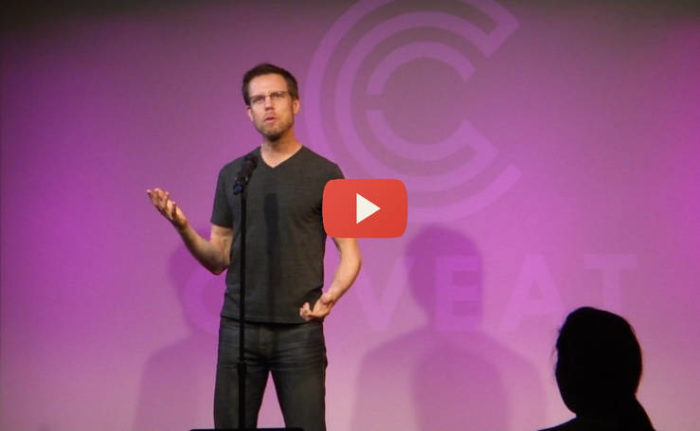The advice I shouldn’t have taken from a black friend on talking about race
Context
Before starting the Leadership and the Environment podcast, I gave a series of talks on environmental action at NYU—my first foray into applying leadership to the environment. By then I had experimented enough an practicing stewardship to have experienced the joy that it brought.
I felt compelled to share my results and how to act on them. Every would-be leader of any renown I’d heard speak on the environment presented action as deprivation, sacrifice—a burden, a chore. Before my results, I couldn’t promote action if I considered the cure worse than the disease. As far as I can tell, every would-be leader still considers stewardship deprivation, sacrifice—a burden, a chore. They’re leading people not to act!
Action
In these talks I related acting on the environment to acting on civil rights in the 50s and 60s. I spoke on learning from and building on the actions of Martin Luther King, Rosa Parks, and their peers. The parallels seemed clear.
I partly gave these talks for feedback and advice. Most of the attendees were former students, clients, and friends. After I gave them, I asked people their thoughts.
Results
One attendee, a black friend, told me afterward that as a black person listening to a white person, when he heard me starting talking about civil rights action in the 60s, he stopped listening. As a friend, he said he tuned back in, but to expect others would tune out, and advised me not to talk about the subject.
I asked if what I said made sense. He said it did. I asked if it led to useful advice. He said it did. Still, he advised me not to broach the topic.
I figured since he knew more about being black, I’d follow his advice. I did from 2016 to now.
On second thought
In the past several weeks I’ve posted and recorded and episodes on race, sex, drugs, and other topics I held back on. People may misunderstand me and attack me. A few have privately thanked me for sharing views they felt society should hear. I’ve also been lectured about how I couldn’t understand since I’ve never been oppressed (though nobody asked me about my experiences, just assuming).
Most of all, I’m learning to express complex, politically-charged ideas and handle the consequences. I could have started this learning process years ago. I don’t think now that I should have taken his advice. I don’t think I should learn not to talk about something but how not to talk about it wrong.
I will make mistakes. How else can I learn? If I end my career by making a mistake here, then at least I’ll go down doing my best to speak my truth. I consider for people promoting stewardship building on the civil rights movement incredibly important. I should not allow fear to silence me.
I’m now following the spirit of Dave Chappelle’s words to his peers in his acceptance speech for the Mark Twain award. That advice may be about stand-up comedy, but it applies here. You have to speak your truth.
Besides, I do stand-up too.

Read my weekly newsletter

On initiative, leadership, the environment, and burpees